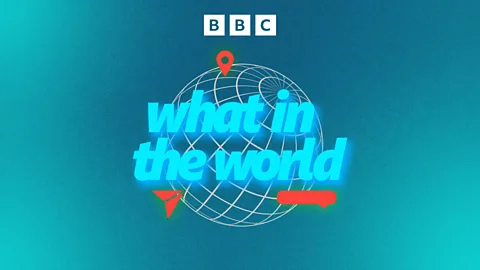
What in the World
What in the World
The difficulties of getting aid into Gaza
May 23, 2025
15 minutes
Available for over a year
After cutting off the supply of aid to Gaza for more than two months, Israeli officials have allowed some trucks to enter. But despite over a hundred aid trucks carrying essential products like flour and baby food into Gaza, the United Nations says it’s only a “drop in the ocean”. There have also been significant delays to distributing the aid, lasting days in some cases.
The UN estimates that one in five Gazans face starvation and that an average of 600 trucks a day are needed to start tackling the humanitarian crisis there.
From Jerusalem, the BBC’s Middle East Correspondent Yolande Knell explains why Israel has started to allow aid into Gaza and how much has got through so far. We hear what it’s like in Gaza right now and aid workers from Médecins Sans Frontières and the International Committee of the Red Cross tell us about the challenges they are facing when distributing aid to Palestinians on the ground.
Instagram: @bbcwhatintheworld
Email: [email protected]
WhatsApp: +44 330 12 33 22 6
Presenter: William Lee Adams
Producers: Julia Ross-Roy, Chelsea Coates and Emily Horler
Editor: Verity Wilde
